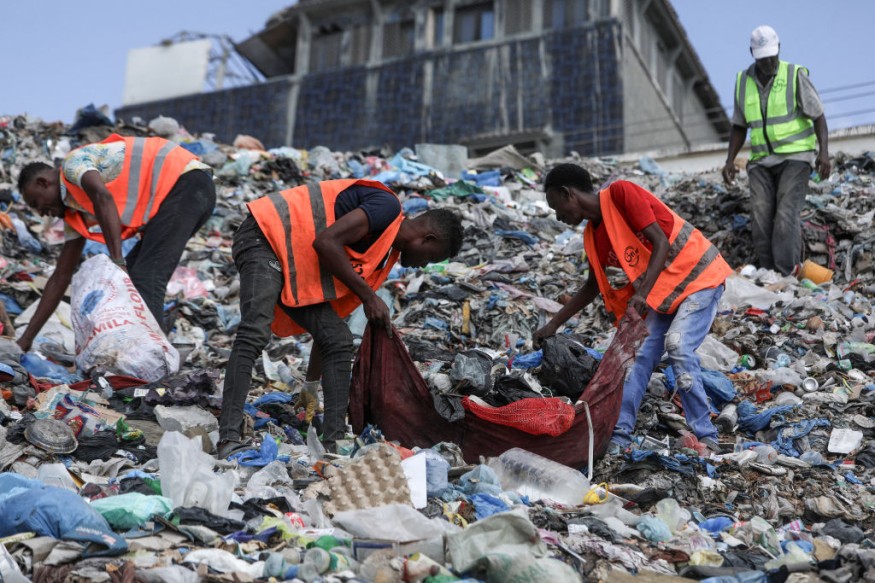
Experts are warning that the world will soon face an overwhelming plastic waste crisis unless nations take action to curb production within the next decade.
Anne Beathe Tvinnereim, Norway's Minister for International Development, emphasized the urgency of reaching a global agreement to tackle plastic pollution. She highlighted the risks of inaction, predicting that without significant cuts to plastic production, the volume of waste will become unmanageable by 2034.
Tvinnereim, co-chair of a coalition of 60 countries advocating for strong global action, expressed optimism despite the challenges ahead.
"We are not going to land a perfect treaty," she said, according to The Guardian. "But we need to get further, and I think we will."
These nations, including Rwanda and Norway, are pushing for a treaty that addresses the entire life cycle of plastics, from production to waste management. However, disagreements persist, especially with oil-producing nations like Saudi Arabia and Russia, which oppose production cuts and advocate for a focus on waste management instead.
A crucial round of talks is underway in Busan, South Korea, where countries are debating the best path forward. Delegates are split on how to reduce plastic pollution, with some pushing for production caps and others calling for more recycling efforts, according to Reuters.
Urgent Action Needed to Curb Plastic Production as Waste Crisis Looms
Without significant changes, experts predict that global plastic waste could triple by 2060, with much of it ending up in landfills or polluting the environment.
Tvinnereim stressed that while increased recycling and better waste management are important, they will not be enough without reducing plastic production.
"If we don't reduce production and consumption, we will be unable to cope with the volume of plastic in the system 10 years from now," she warned.
The need for decisive action is further supported by recent studies showing the widespread impact of plastics on human health. Researchers have found microplastics in human organs, including the placenta and arteries, raising concerns about long-term health risks.
Additionally, the environmental toll of plastic waste is already evident in developing countries, which struggle to manage the growing plastic pollution.
As the world grapples with this looming crisis, Tvinnereim remains hopeful that a meaningful global agreement can be reached.
"The world desperately needs some leadership now," she said, urging nations to come together before it's too late.
© 2026 NatureWorldNews.com All rights reserved. Do not reproduce without permission.





